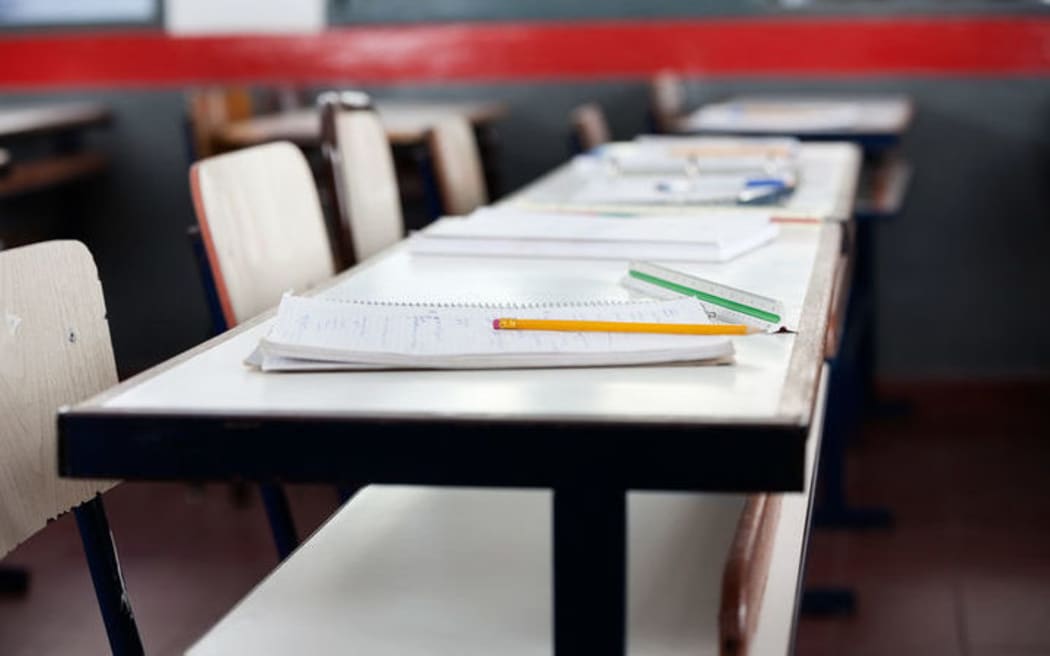Teachers are contributing to Māori children's poor performance at school, the Education Ministry has told Parliament's Education and Workforce Select Committee.

Photo: 123rf
Appearing before the committee for its annual review of the Education Ministry yesterday, the Secretary for Education, Iona Holsted, said Māori students' poor performance was a long-standing problem.
"The school system has under-performed for Māori students since the system began, so we have an intractable systemic problem," she said.
Ms Holsted said research showed parent and community expectations were essential for raising achievement, but there were also problems with some teachers.
"Research is also increasingly showing that there are parts of the teaching workforce that do not respond well, do not respond to the identity, culture and language of those students," Ms Holsted said.
"So that becomes an area of concern for us in terms of the sorts of people we bring in to train as teachers, what happens during the initial teacher education period and the support they get when the go out to schools."
"We are all focused on how do we shift the dial for those young people and it does come down to being able to respond to identity, culture and language."
Ms Holsted's comments came two weeks after a report from the School Trustees Association and the Office of the Children's Commissioner reporting students' allegations of racist treatment by teachers and other students.
Committee chairwoman, Sarah Dowie, had to call for order during attempts by National Party MP, Nikki Kaye, to ask questions about the national standards in reading, writing and maths and again after Labour MP Meka Whaitiri said the committee's hearing was for the annual review of the Education Ministry and not a Nikkie Kaye campaign meeting.
Ms Whaitiri later withdrew that comment at Ms Kaye's request.
Ms Kaye said school principals were confused about the government's abolition of the national standards and suggested replacing the standards with a new system based on students' progress would cost many millions of dollars.
Ms Holsted said there was ongoing work to help teachers report on student achievement using measures other than the national standards, which were no longer compulsory and said some teachers needed help interpreting children's test results.
"There's a gap in data literacy for example amongst our teachers and if you're going to use PAT tests, or e-Asttle tests (online assessment tool) or any of those things you actually have to have data literacy in order to use the information to inform teaching," Ms Holsted said.
Charter school complains about Labour's deputy leader
During questions about charter schools, Ms Holsted said a charter school owner, the Villa Education Trust, had complained to the ministry about the support the deputy Labour Party leader, Kelvin Davis, was giving two of the publicly-funded private schools.
The ministry's deputy secretary early learning and student achievement, Ellen MacGregor-Reid, said the cost of shutting down the charter schools was capped at $15 million, or $1 million for each of the existing schools and schools that had been approved by the previous government but not yet opened.
The government is ending the charter school model but the schools had been given the option of applying for designated or special character status within the state system.
Ms MacGregor-Reid said none of the schools' owners had signalled they would take legal action but some had raised Treaty of Waitangi issues in relation to their right to deliver education.



